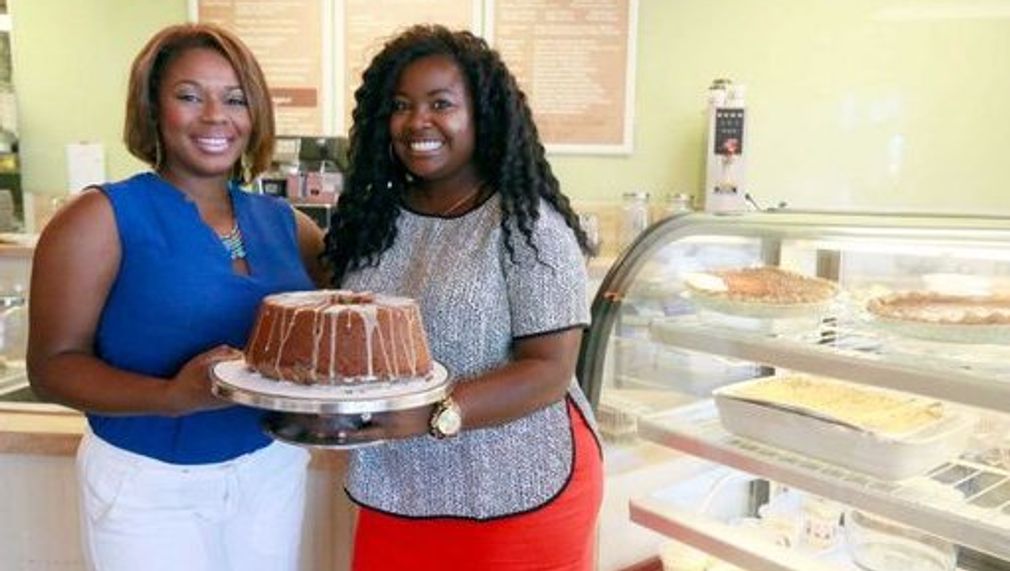Strengthening LAs Entrepreneurs through Responsible Microlending
Opportunity Fund has a vision that every entrepreneur in Los Angeles can access the financing and support needed to realize his or her full potential to create wealth and jobs. As California’s largest nonprofit microlender, we seek to invest $10 million in 700 small businesses across LA this year—creating and retaining 1,800 jobs and driving economic activity in the region’s most underserved communities.

How do you plan to use these resources to make change?
Expand a pilot or a program
How will your proposal improve the following CREATE metrics?
Employment in the creative industries
Concentration of manufacturing activity in LA
Jobs per capita
Minority- and women-owned firms
Gini coefficient
Unemployment rates (and opportunities) for the formerly incarcerated (Dream Metric)
Describe in greater detail how you will make LA the best place to CREATE.
Working families in Los Angeles face the challenges of managing insufficient money, finding affordable housing, raising healthy families, and preparing for the future. The region lacks adequate well-paying jobs in growth sectors; this lack of opportunity is compounded for low-income and minority households by the poor education system. For many households, entrepreneurship is a primary route to financial stability.
Small business ownership creates opportunities for families living in poverty to pursue stability and economic mobility, while creating jobs in their communities. If one in three microenterprises hired an additional person, the U.S. would return to full employment; if every microbusiness generated $5,000 more annually, this would add $20B to the economy. Yet, every day, 8,000 small businesses in the U.S. are turned down for a loan; 50% of small businesses fail, often due to an inability to access the capital they need to grow because of language and cultural barriers, limited assets, low capital needs, and credit issues.
The mainstream financial industry offers little to help small businesses access the capital they need to grow and thrive, especially in places like East LA, Boyle Heights, and Downtown. The fast-growing alternative financing industry offers access to fast cash, but often at a high cost that can strangle a small business’ cash flow. Opportunity Fund is filling this financing gap by pioneering a new approach that combines technology, efficiency, market knowledge, and impact measurement to help entrepreneurs build sustainable enterprises and a better life for themselves and their families. By deploying affordable, responsible microloans to underserved entrepreneurs, our microlending program helps drive small business growth and job creation in the communities that need it most.
We target entrepreneurs who operate their businesses (and, in many cases, live their lives) outside the financial mainstream. In LA, our borrowers are 98% minority, with an average median household income of less than $25,000. These clients have a 90% business survival rate; each loan we originate creates or sustains 2.5 jobs on average.
Through the LA2050 Challenge, we seek to scale our microlending in LA’s underserved communities to serve 700 small business owners in 2016—creating and retaining 1,800 jobs and generating more than $25 million in annual economic activity through new spending, wages, and tax revenues.
Please explain how you will evaluate your work.
Opportunity Fund uses a variety of performance indicators to measure the success of our small business clients. In the short term, we track the number of applicants and number, dollar volume, and type of loans originated, as well as client characteristics such as income, ethnicity, gender, credit score, household size, type of business, sales, and number of employees.
Over time, we measure the impact of our loans by tracking changes in borrower household income; growth of business sales and income; job creation; and business survival rates. We also gather data related to client satisfaction and confidence in running their business.
We recently launched a multi-year effort to evaluate the longer-term impact of microloans on businesses, households, and the community at large. This study will gather and analyze data from thousands of microlending clients to deepen our understanding of the impact of a microloan on key economic and household measures.
How can the LA2050 community and other stakeholders help your proposal succeed
Money (financial capital)
Publicity/awareness (social capital)
Community outreach
Network/relationship support